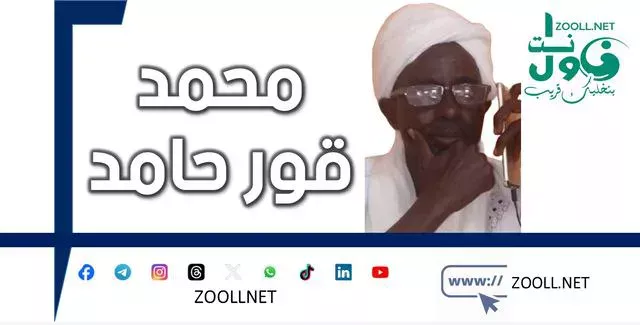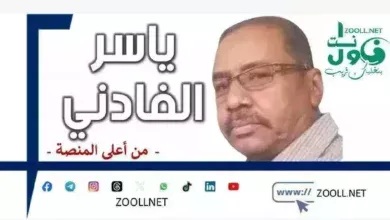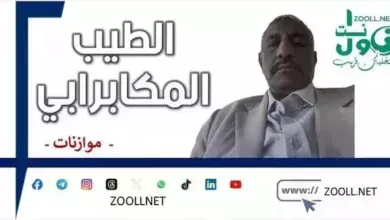Transitional justice… and post-war escapes (2/1) ✍️ Muhammad Qur Hamed

One of the major questions occupying the minds of some official state departments, the media, civil administrations and those interested in the culture of peace and the strengthening of the principles of national unity is perhaps one that affirms the inevitability of internal conflict and civil war between an ethnic group.
This is based on the assumption that the security chaos that could arise after the war in cities and capitals is a subject of concern to police services, because crime here falls under the jurisdiction of these police and security services.
However, another hypothesis is more complex and remains worrying, as I mentioned in the introduction to this article. How can we imagine the presence of weapons in the hands of committees of defense organizations of the armed forces in areas considered to be social incubators of the rapid. support? Imagine that there must be a conflict between these politically diverse tribes and ethnic groups of the same lineage.
But to respond to these hypotheses, we must focus on the concept of transitional justice, which represents a safety valve to avoid such complex situations.
He follows
Blood






